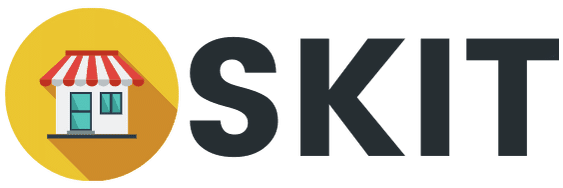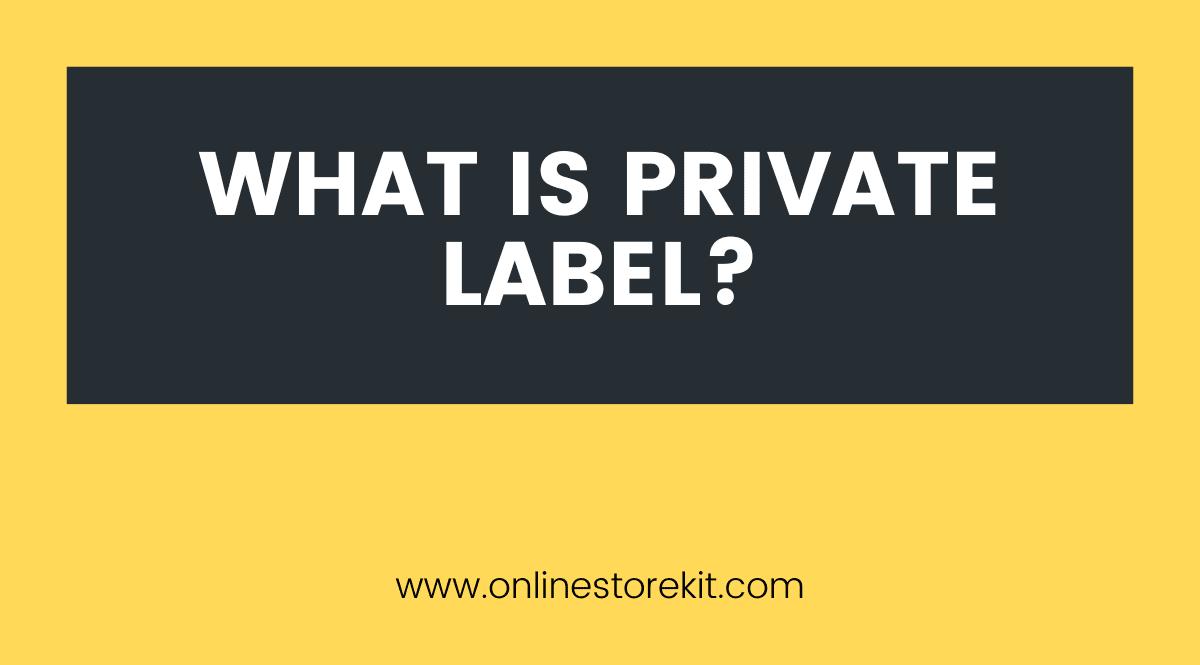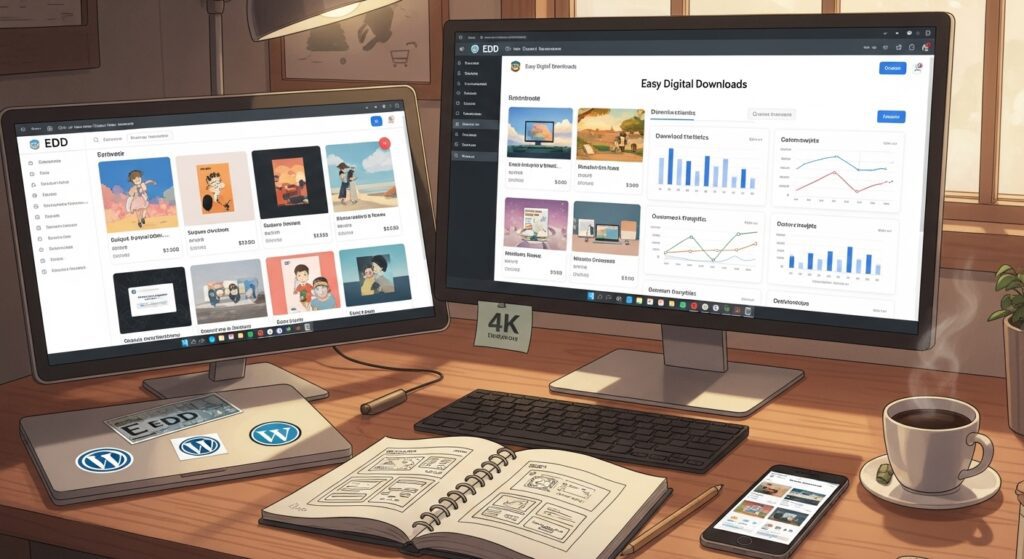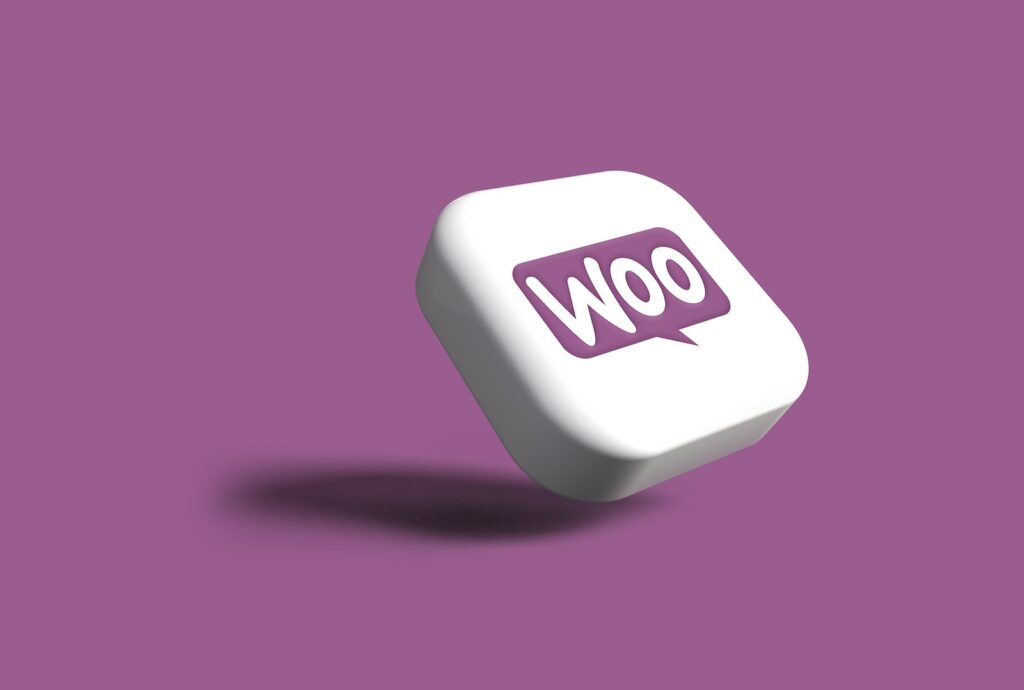The opportunity to create a unique brand and gain access to an established customer base is tantalizing.
Yet, the complexity of private labeling can be daunting.
This article delves into what private labeling is and how it works, outlining its benefits, challenges, advantages, disadvantages, examples, steps for implementation, and finding a supplier.
Explore the power of private labeling today!
Key Takeaways
Hide- Private labeling allows companies to create and brand their own products or services, giving them control over quality, pricing, and intellectual property.
- Private labeling offers advantages such as differentiation through unique packaging or features, bargaining lower prices with suppliers, protection against copying by competitors, increased brand recognition, and improved customer loyalty.
- However, there are challenges associated with private labeling, including branding issues, potential trust issues, additional costs, competition, and limited control over product quality and production processes.
- Steps to successful private labeling include selecting a product, determining branding options and pricing strategies, investing in marketing campaigns, and finding a reliable private label supplier.
What is a Private Label? Defining Private Labeling
Private labeling is the practice of a retailer or manufacturer creating and branding their own products or services. It is an attractive business model that offers many advantages to companies looking for a competitive edge in the marketplace.
Private labeling allows companies to control their product quality, pricing, intellectual property, and even create a barrier to entry for competitors.
Product differentiation is key when it comes to private labeling. Companies can create unique product packaging, use exclusive ingredients, or add special features that are not found in traditional brands.
This gives them an advantage over competitors who may be selling similar products without any added value.
Private labeling also enables companies to establish long-term relationships with suppliers by bargaining for lower prices due to bulk orders.
In terms of intellectual property, private labeling provides protection against copying of products and designs by competitors since trademarks are registered under the company name.
Furthermore, private labels often require retailers or manufacturers to follow strict standards set by the brand owner in order to ensure high levels of quality control and consistency across all products sold under the label.
Overall, private labeling has become increasingly popular among retailers and manufacturers as it offers various benefits including increased market share, better customer loyalty through differentiated product offerings, and improved margins due to lower production costs associated with bulk orders.
Additionally, private labels provide protection against copycatting which helps build customer trust and strengthens brand loyalty over time.
Benefits of Private Labeling
Benefits associated with the practice of assigning a distinct brand name to products manufactured by another company can be significant. Private labeling offers businesses numerous advantages, including increased brand recognition, customer loyalty and lower production costs.
It also helps businesses create differentiated product portfolios that offer customers more choice and engage them in a unique way.
Additionally, private labeling helps companies increase their profitability and gain access to new markets.
For example, many companies turn to private labeling as a cost-effective way to expand their product range without having to invest heavily in research or develop new technologies.
A key benefit of private labeling is its ability to improve the business’s branding strategy and enhance customer relationships.
This type of agreement allows companies to present themselves as expert producers in certain fields, while leveraging the reputation of another company’s product for added credibility.
In addition, it gives customers better access to high-quality products that are tailored specifically for their needs.
| Benefit | Description |
|---|---|
| Brand Recognition | Increased visibility for business’ products and services |
| Customer Loyalty | Improved engagement with customers through tailored offerings |
| Lower Production Costs | Decreased expenses related to producing goods or services |
These benefits demonstrate how private labeling can provide great value for any organization looking to expand its market share while keeping costs under control.
Consequently, this strategy can help businesses build strong customer relationships while giving them an edge over competitors in terms of pricing and quality.
With these advantages in mind, transitioning into challenges associated with private labeling is essential for success in this arena.
Challenges of Private Labeling
Despite its advantages, companies engaging in private labeling may encounter various challenges. These include:
- Branding issues – Private labeling can make it difficult for a company to establish their own brand identity since they are using another company’s product. This could lead to customer confusion and reduced customer loyalty or trust.
- Trust Issues – Customers may have difficulty trusting the reliability of a product when a different brand is used. This could result in fewer sales or an inability to gain new customers for the same product from different sources.
- Costs – Depending on the contract with the supplier, there may be additional costs associated with private labeling that could add up over time and affect profitability.
- Competition – A company engaging in private labeling also risks competing against itself as other companies may use the same product and establish themselves as competitors in the market place at lower prices than what was initially agreed upon with the supplier.
Despite these potential challenges, there are still many advantages of private labeling that outweigh any potential drawbacks if done correctly.
Advantages of Private Labeling
Engaging in private labeling can provide numerous advantages to companies.
Private labeling involves the process of a company purchasing a product from another manufacturer, and then putting their own branding on it.
This allows businesses to take advantage of an existing product without the hassle of having to develop or manufacture it themselves.
One key advantage is that they are able to save on marketing costs as they don’t need to invest time and money into advertising their own products.
Additionally, since the product has already been designed, tested and manufactured by another company, legal obligations such as warranty coverage are easier for them to handle.
Furthermore, private label products often have higher profit margins than other branded items because there are fewer associated costs involved in selling them.
Finally, companies can gain greater control over their brand when engaging in private labeling; this includes controlling pricing strategies and customer service policies related to the product.
As such, private labeling can be a great way for businesses to diversify their offering while also increasing profitability and gaining greater control over their brand presence in the market.
Disadvantages of Private Labeling
Private labeling is a business strategy that involves selling products under one’s own brand name instead of the manufacturer’s. While this approach offers many advantages, it also comes with some disadvantages.
One such disadvantage is the costly setup associated with private labeling, as companies must invest in purchasing rights to use a manufacturer’s product and creating their own branding for it.
Additionally, companies utilizing private labeling have limited control over product quality and production processes as they are typically dependent on the product created by the manufacturer.
Costly Setup
The cost of setting up a private label operation can be significant. Instant setup costs include manufacturing and design fees, sourcing materials, and marketing expenses. Additionally, recurring costs need to be considered such as ongoing inventory management, customer service support, shipping and fulfillment costs.
Manufacturers often require minimum purchase orders or upfront deposits for custom products. Designing private labels requires creating new logos and brand identities. Expensive software may be required to manage the production process. Customers may have to pay additional fees for fulfillment services.
Limited Control
When engaging in private label operations, limited control over the product and brand can be a challenge for companies.
Control is often split between the manufacturer and retailer, as well as any other third-party suppliers involved.
This can mean that decisions regarding branding strategies, supply chain management, cost benefit analysis and more are not always fully within the company’s control.
| Benefits | Drawbacks |
|---|---|
| Access to resources | Lack of ownership over brand identity |
| Ability to create products quickly | Potential for inconsistent quality |
| Reduced costs through economies of scale | Limited influence on supply chain processes |
Having limited control over a product or brand can be difficult to navigate but understanding the potential benefits and drawbacks is essential for success.
Transitioning this knowledge into practical examples of private labeling will further illustrate the nuances of this type of operation.
Examples of Private Labeling
Private Labeling is a business strategy whereby a company manufactures products but allows another company to put its own brand name on them.
This type of arrangement has many benefits, such as enhancing the reputation of the private label, offering more choices for customers, and giving companies the opportunity to offer higher-quality products without spending extra resources on marketing and advertising.
Additionally, private labeling can grant companies access to new markets and increase their sales opportunities.
Definition of Private Labeling
Private labeling is a business practice in which a manufacturer produces goods for another company to sell under their own brand name. It provides companies with flexibility in terms of:
- Branding options – allowing them to create and market their own unique identity.
- Production capabilities – enabling them to produce products at scale without having to invest in costly manufacturing equipment.
- Pricing models – allowing them to set competitive prices that are tailored to their target market and customers’ needs.
- Distribution channels – providing wider access to buyers across different regions and markets, resulting in greater sales and profits potentials.
Private labeling gives companies the opportunity to focus on product development, marketing, and customer service while leaving the production side up to the experts.
This strategy can be beneficial for businesses looking for cost-effective ways of expanding their operations while still maintaining control over their branding efforts and pricing structure.
Benefits of Private Labeling
The practice of private labeling offers numerous advantages to businesses that choose to utilize it.
| Customization | Allows for personalized branding, packaging, and product customization according to customer needs. |
| Cost Savings | Reduces the cost associated with product development, manufacturing and distribution, allowing companies to focus resources on core competencies. |
| Increased Brand Recognition | Helps build customer trust by providing recognizable products with a consistent quality. Private labeling also helps establish a brand in the market quickly, leading to increased recognition and market share. |
| Flexibility | Provides flexibility in terms of production quantities and turnaround time for product development ensuring that businesses can meet customer demand quickly and efficiently. |
Steps to Private Labeling
Steps involved in private labeling involve the selection of products, branding of those products, and marketing of those branded products.
It is important to consider various factors when taking these steps:
- Selecting a product: Carefully assess the market and choose a product that you believe will be attractive to your target customer base.
- Branding options: Determine how you want to brand your private label product by choosing between generic packaging or custom designs for your label.
- Pricing models: Establish pricing strategies that make sense for both you and your customers by assessing supply-chain costs, material costs, labor costs, and overhead expenses.
- Marketing efforts: Invest in effective marketing campaigns that will ensure maximum exposure for your private label product with potential buyers.
These steps require strategic thinking, in-depth knowledge of the industry, careful attention to detail, and proper implementation of established protocols in order to successfully create a successful private label business.
Finding a Private Label Supplier
Identifying a suitable supplier for private labeling can be a challenging task.
Businesses must consider several factors when looking to establish a successful relationship with a private label provider, such as finding alternatives, locating vendors that provide competitive pricing and quality products, and ensuring the vendor is capable of adhering to tight deadlines.
It is also important for businesses to determine if the vendor provides customer support and how often new product lines are offered.
Additionally, it is essential to assess the track record of the supplier in terms of reliability and delivery timeframes.
Finding potential suppliers can be done through trade shows or online directories that list OEMs (Original Equipment Manufacturers).
Additionally, some companies may choose to use an agent or broker to source their suppliers in order to negotiate better deals or provide them with access to higher quality products.
Companies should also conduct thorough research on any potential suppliers before signing an agreement.
This includes reading customer reviews, researching any past disputes between the supplier and its customers, and evaluating whether they have sufficient financial resources available for production and shipping costs.
Overall, finding reliable suppliers for private labeling requires strategic thinking and attention to detail.
Companies need to thoroughly research all aspects of each vendor they are considering in order to ensure they select one that meets their requirements while providing competitive pricing and high-quality products.
In addition, businesses should take into account other factors such as customer service support and product line updates when deciding on a supplier for their private labeling needs.
Conclusion: Private Label and How It Works
Private labeling is an effective way for businesses to differentiate themselves from their competitors and increase their profits.
It involves selecting a product or service, branding it with one’s own name or logo, and selling it in the marketplace.
The advantages of private labeling are numerous; cost savings, increased control over the quality of products, greater access to new markets, and improved customer loyalty.
While there may be some challenges associated with private labeling such as finding reliable suppliers and managing stock levels, it is still often seen as an incredibly valuable tool for businesses looking to maximize their profits.
With the right supplier and strategy, private labeling can be a ‘game changer’ for any business looking to stand out amongst its competition.





